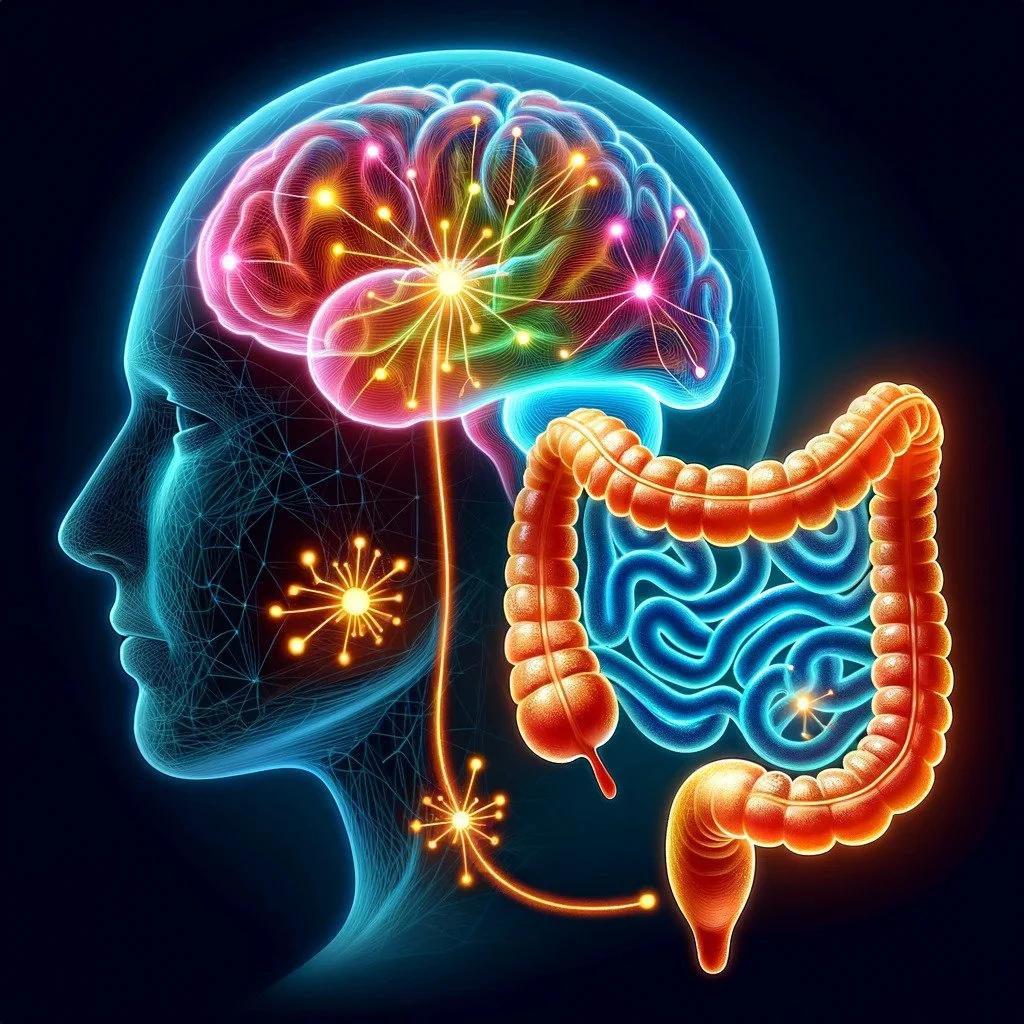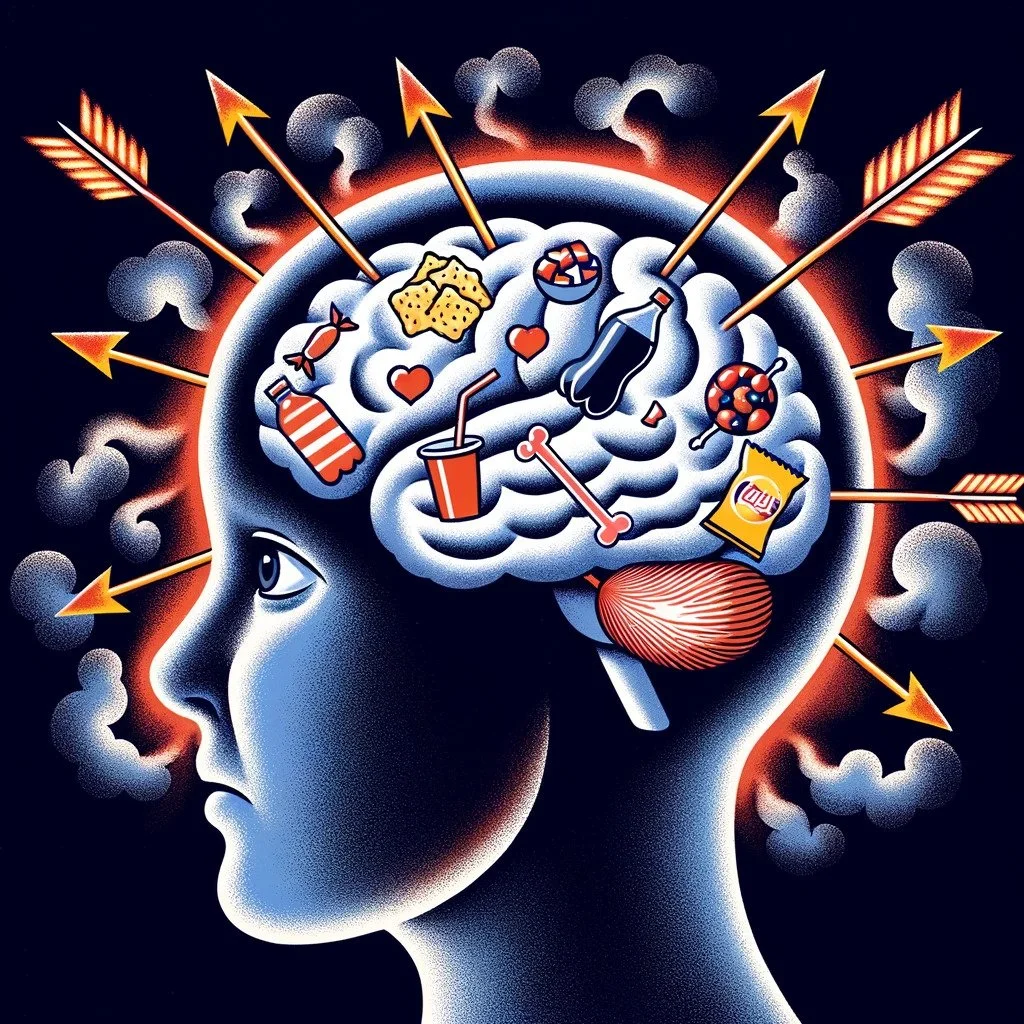The Link Between Nutrition and Mental Health
Many people understand the importance of a balanced diet for physical health, but the impact of nutrition on mental health is often overlooked. Just as the body needs the right balance of nutrients to function properly, the brain requires proper fuel to support mood, cognitive function, and overall mental well-being.
Understanding the Brain-Gut Connection
The brain and the gut are intimately connected, with the gut often referred to as the "second brain." The gut produces neurotransmitters, such as serotonin and dopamine, which play a key role in regulating mood. A healthy diet rich in nutrients supports a healthy gut microbiome, which in turn supports brain function.
Key Nutrients for Mental Health
Certain nutrients are particularly important for mental health:
Omega-3 Fatty Acids: Found in fish, flaxseeds, and walnuts, omega-3 fatty acids are essential for brain health and have been shown to improve symptoms of depression and anxiety.
Vitamin D: Low levels of vitamin D have been linked to mood disorders, including depression. Sources of vitamin D include sunlight, fortified foods, and supplements.
B Vitamins: B vitamins, including B12, B6, and folate, are essential for brain health and have been shown to improve mood and cognitive function.
Antioxidants: Antioxidants, found in fruits and vegetables, protect the brain from oxidative stress and support overall brain health.
The Impact of Processed Foods
Just as certain nutrients can support mental health, processed foods can have the opposite effect. Foods high in sugar, unhealthy fats, and artificial additives can lead to inflammation and oxidative stress, which can negatively affect brain function and mood.
Exploring the Role of the Gut-Brain Axis in Mental Health
The gut-brain axis is a complex system that involves bidirectional communication between the gut and the brain. This connection is facilitated by the vagus nerve, which transmits signals between the gut and the brain. The gut microbiome plays a crucial role in this communication, with gut bacteria producing neurotransmitters and other signaling molecules that affect brain function.
Research has shown that the composition of the gut microbiome can influence mood and behavior. For example, certain strains of bacteria have been shown to produce substances that can reduce anxiety and improve mood. Conversely, an imbalance in the gut microbiome can contribute to mood disorders and other mental health conditions.
The Impact of Dietary Patterns on Mental Health
Different dietary patterns can have a significant impact on mental health. For example:
Mediterranean Diet: The Mediterranean diet, which is rich in fruits, vegetables, whole grains, and healthy fats, has been shown to be associated with a lower risk of depression and cognitive decline.
Western Diet: The Western diet, which is high in processed foods, sugar, and unhealthy fats, has been linked to an increased risk of depression and other mental health conditions.
The Role of Nutritional Psychiatry in Mental Health Care
Nutritional psychiatry is an emerging field that explores the role of diet and nutrition in mental health care. This approach recognises the importance of a balanced diet and adequate nutrient intake in supporting brain function and mental well-being.
Research in this field has shown that dietary interventions can be an effective component of mental health treatment. For example, studies have shown that improving nutrient intake can reduce symptoms of depression and anxiety.
Proper nutrition is an essential component of mental health. By consuming a balanced diet rich in essential nutrients, you can support your brain and improve your mood, cognitive function, and overall mental well-being. Remember, a healthy mind starts with a healthy body, and that includes what you put on your plate.
If you wish to understand how I can improve your nutrition to aid in mental health, please book a consult.


